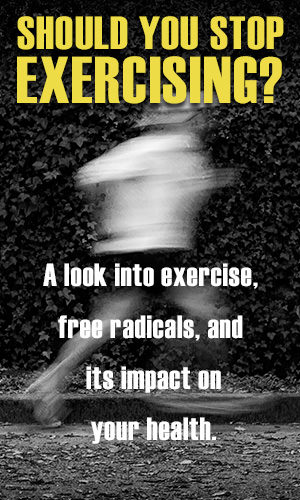
Should You Stop Exercising? A look into exercise and free radicals, and its impact on your health.
Posted on 21 Feb, 2019
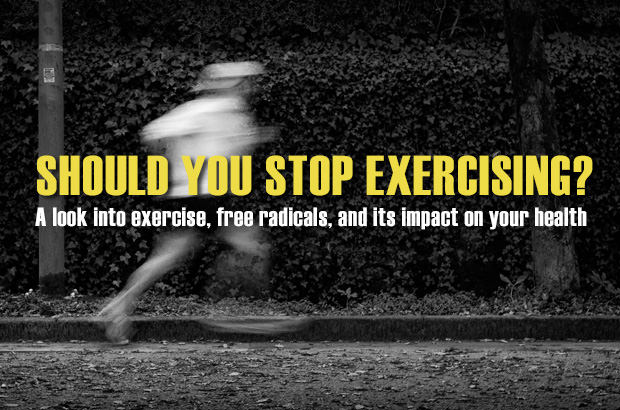
To generate energy, our body utilizes oxygen to metabolize food. During the conversion process, most of the oxygen combines with hydrogen to form water, and with carbon to produce carbon dioxide. A small level of inefficiency, between 2 and 5 percent, exists in the metabolization of oxygen. And the by product is free radicals. [For an in-depth look on free radicals, refer to Free Radicals - A Clear And Simple Explanation]
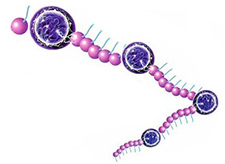 The negative impact of free radicals on our health
The negative impact of free radicals on our health
Free radicals are molecules that are missing an electron. In an attempt to fill that void, they steal electrons from nearby cells. Their victims, now an electron short, turn into free radicals, and this can trigger a chain reaction where cells mutate at up to 6.023 x 1021 billion molecules per second.
Exercise increases the amount of free radicals in our body
During exercise, our metabolic rate rises 10 to 15 times above what it is at rest, and metabolism requires oxygen. This rise in oxygen delivery to our cells, increases free radical production.
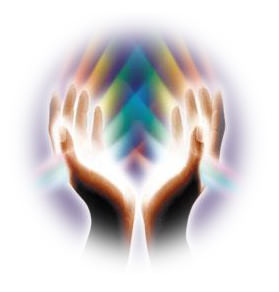 How the body heals itself after exercise
How the body heals itself after exercise
When we engage in intense physical activity, muscles get fatigued and damaged in the process. One of the first steps in muscle recovery is from an acute inflammatory response that increases the delivery of plasma and leukocytes to the site of the muscle damage. There also tends to be swelling in the strained area. The swelling causes our endothelial cells to separate from each other, making them more permeable. This allows more blood proteins to fill the interstitial spaces and do their repair.
The short term impact of free radicals on athletic performance
![]() The increase in free radicals from exercise makes recovery a whole lot harder. This is because free radicals leave a path of destruction as they scavenge for electrons.
The increase in free radicals from exercise makes recovery a whole lot harder. This is because free radicals leave a path of destruction as they scavenge for electrons.
If your antioxidant defense systems are inadequate to hold off the free radical infiltration, your muscles will sustain further damage, beyond what you acquired during exercise. Free radical attacks on collagen can also cause cross-linking of protein molecules, resulting in stiffness in the tissue.
The long term impact of free radicals
Free radicals have been implicated in the etiology of cardiovascular disease, cancer, Alzheimer's and Parkinson's. Their attack on lipids, carbohydrates, proteins and DNA disrupts normal cell activities and can trigger cell mutation. The membrane damage that free radicals inflict leads to the hardening and thickening of arteries which can lead to heart attacks and strokes.
So, do we stop exercising?
When our body is at rest, our internal antioxidant system can usually neutralize the free radicals that we naturally produce. Antioxidants are molecules with an extra electron that it can feed to free radicals to quench its electron deficiency. Studies show that regular low to moderate physical exercise actually enhances our antioxidant defence system and protects us against exercise-induced free radical damage. The problem occurs when free radical production exceeds the body’s ability to produce antioxidants.

There are a number of measures we can take. The first would be to increase our consumption of antioxidant-rich food, both before and after an intense workout. The second thing we can do has to do with the fact that free radicals can also come from pollutants, car exhaust fumes and sun overexposure, so when and where we exercise can help reduce the free radicals in our body. Train outside the city where the air is clean, or early in morning before the roads get jammed up and the factories start churning out smoke.
Exercise smart, eat well, live a good life!
[To find out more about antioxidants, read Antioxidants - A Clear And Simple Explanation]

Photo Credits
Books For A Healthier Life


by John Bingham

by Stu Mittleman

by Robin Jeep

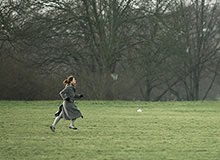 Are You Running Too Much?
Are You Running Too Much? 8 Ways To Speed Up Muscle Recovery
8 Ways To Speed Up Muscle Recovery A Jaw Dropping Bicycle Ride Along Cuillin Ridge On The Isle Of Skye
A Jaw Dropping Bicycle Ride Along Cuillin Ridge On The Isle Of Skye Free Radicals - A Clear And Simple Explanation
Free Radicals - A Clear And Simple Explanation










